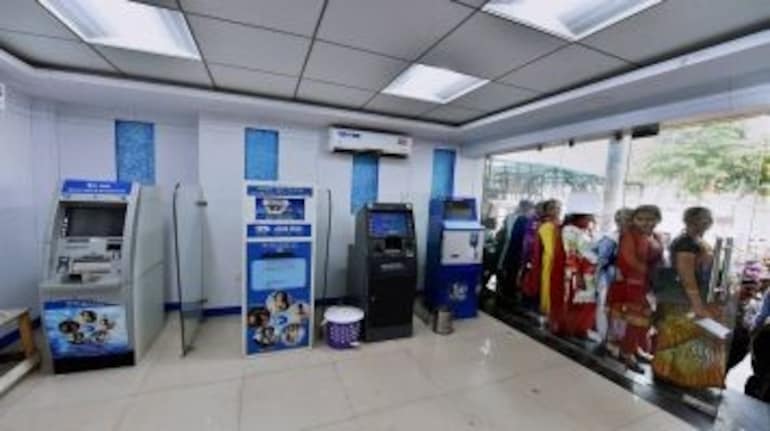



Sahil Arora Paisabazaar.comAnkit Gupta, a software professional, ran out of money in his salary account. When he tried to withdraw from one of his older savings accounts, his withdrawal requests were rejected by one ATM after another. When he contacted the bank’s customer care, he was told that his account had become dormant due to prolonged non-operation. Like Ankit, many possess multiple savings accounts, which over time become dormant due to no activity.When do bank accounts become inactive/dormant?When you don’t transact through a bank account for more than 12 months, that account gets classified as an inactive account. If that particular account does not witness any transaction for another 12 months, it is further reclassified as dormant account. Remember when banks use the term “transaction’, only transactions initiated by you (transaction through debit card, net banking) or a third party are taken into account. Bank-initiated transactions, such as interest on savings balance or penalties and service charges debited by your bank are not considered while classifying your account as inactive or dormant accounts. However, credit of interest, earned from fixed deposits, is considered as customer-induced transaction and helps keep the account active.Restrictions on inactive and dormant accountsThe restrictions on inactive/dormant account vary from bank to bank. While some banks impose restrictions on net banking, phone-banking and ATM transactions, others may even restrict cheque transactions. For example, HDFC Bank does not allow ATM, phone banking and net banking transactions in its dormant accounts. However, HSBC in India does not allow cheque book request, ATM/Debit card transactions, issue or renewal of ATM/Debit card, address change request, internet banking and cheque clearing transactions in addition to phone banking, ATM and internet banking transactions. Why do banks re-classify accounts to inactive and dormant accountsThe main purpose of reclassifying the accounts is to reduce the risk of fraud in your account. By reclassifying the accounts, banks warn their staff about the potential risk involved and carry out due diligence before allowing any fresh transaction through them. Communication from bank before reclassificationBanks are required to inform you at least three months before the reclassification of your account. They are also required to inform you about the procedure for re-activation of your account. If you chose to reply to the bank and provide the reasons for the non-operation of your account, your account will still continue to be considered as an operative account for another year. However, if you still don’t transact through your account during the extended period, your account will be classified as dormant/inoperative account at the end of the extended period. However, you will continue to receive interest on your savings account balance even after your account gets reclassified as a dormant or inactive account.How to reactivate your bank account?Reactivating your accounts is very simple. You can simply make a deposit or withdrawal transaction to reactivate your inactive bank account. To reactivate your dormant account, submit a written request for reactivation at your home branch. Remember that your bank cannot charge you for reactivating the account.As inactive or dormant bank accounts are a result of not closing the accounts, the first step towards avoiding the problem of inactive or dormant bank accounts is to close the accounts that you do not need. In case you wish to continue with a lesser used bank account, try to make one deposit or withdrawal every year. Other easier alternatives would be to use those accounts for routing investments in SIPs or ULIPs and/or for receiving bonuses and dividends from mutual funds, shares, or insurance products.
Discover the latest Business News, Sensex, and Nifty updates. Obtain Personal Finance insights, tax queries, and expert opinions on Moneycontrol or download the Moneycontrol App to stay updated!
Find the best of Al News in one place, specially curated for you every weekend.
Stay on top of the latest tech trends and biggest startup news.